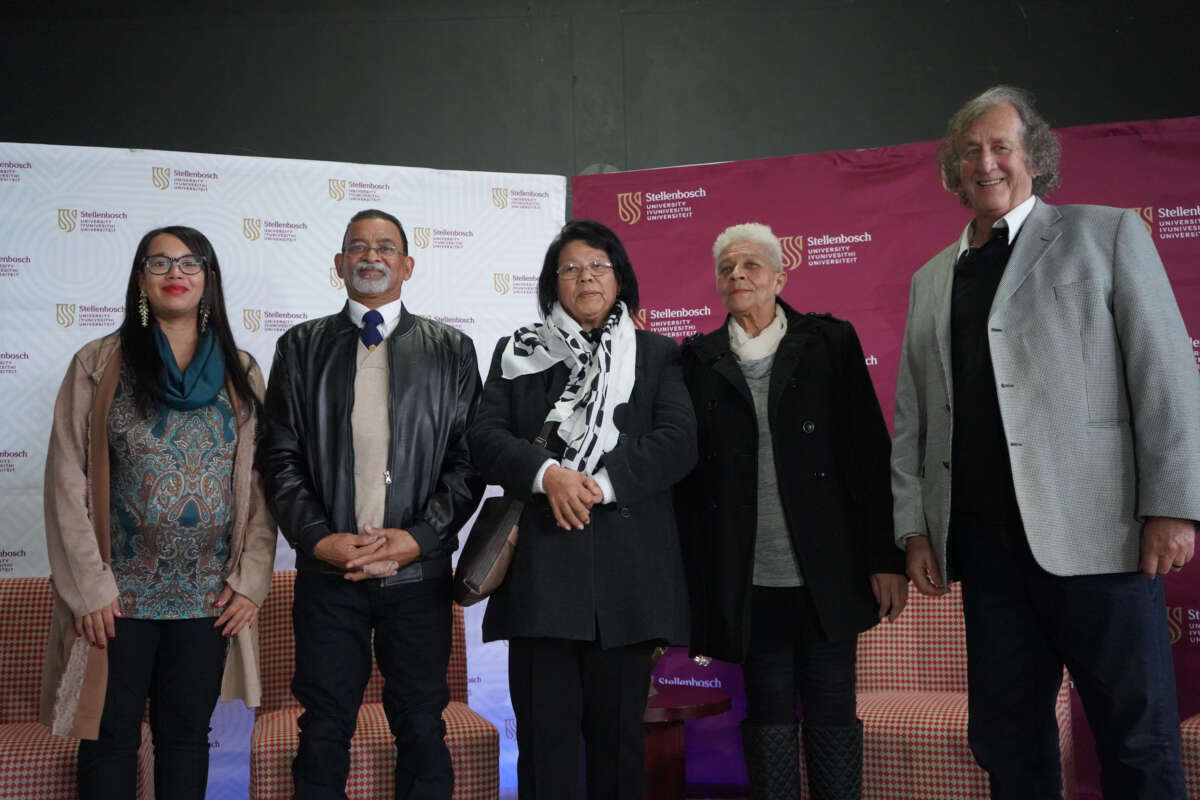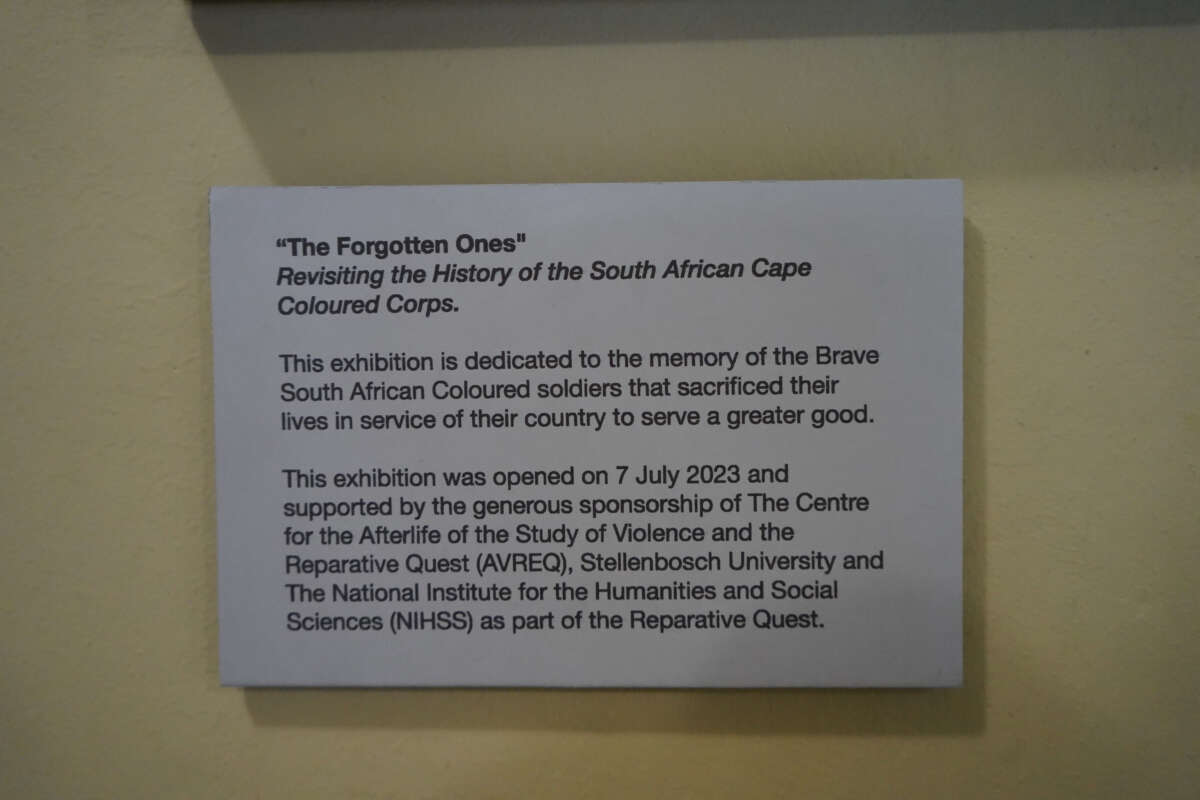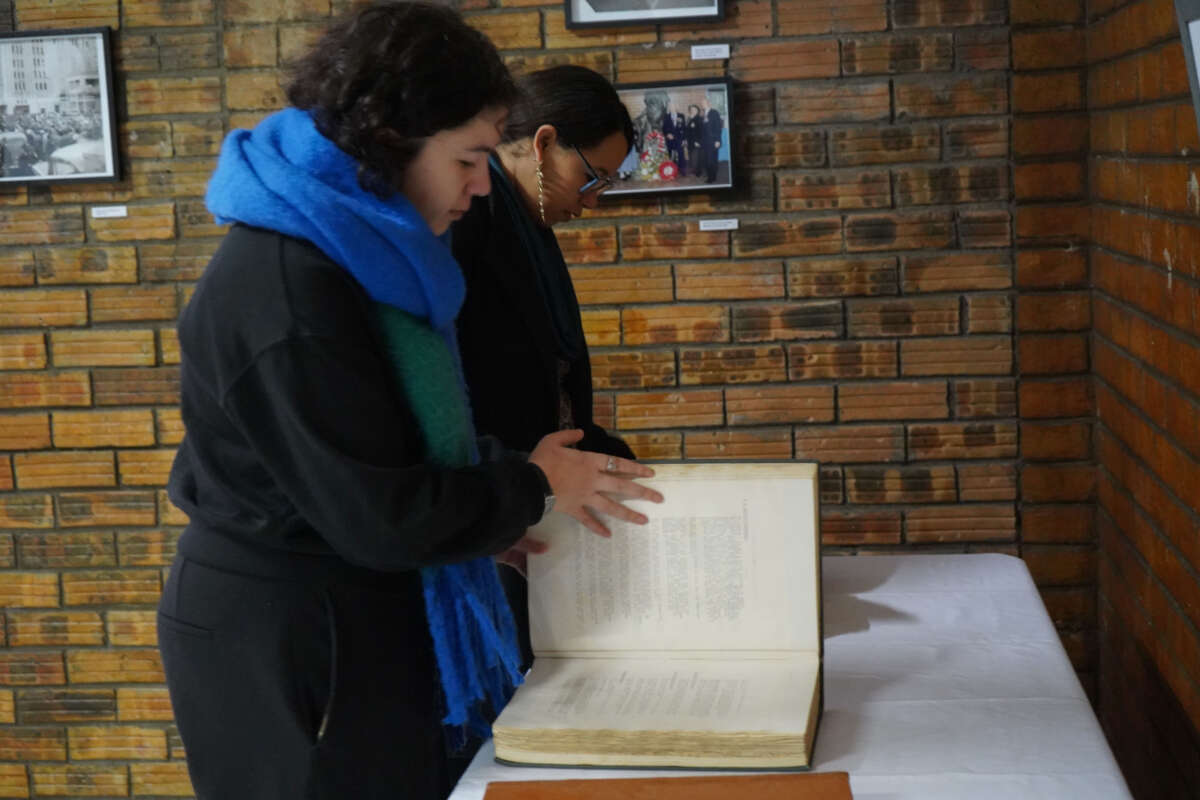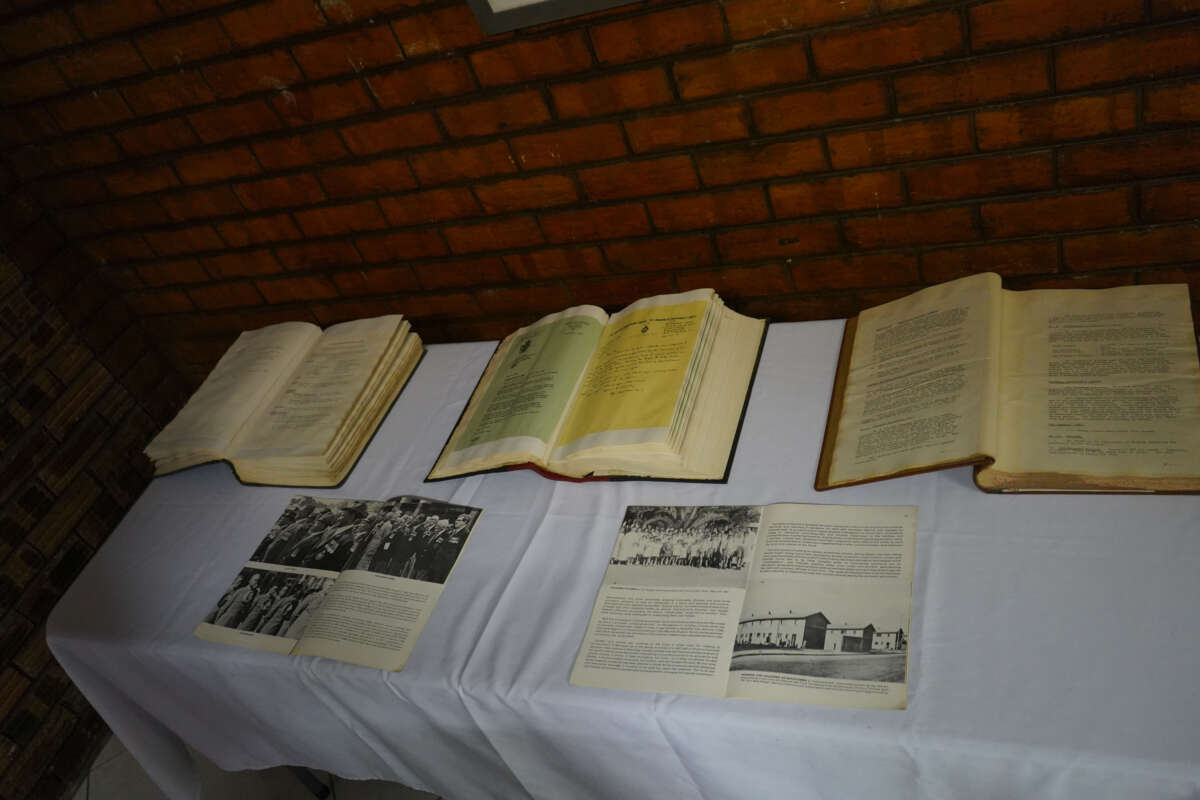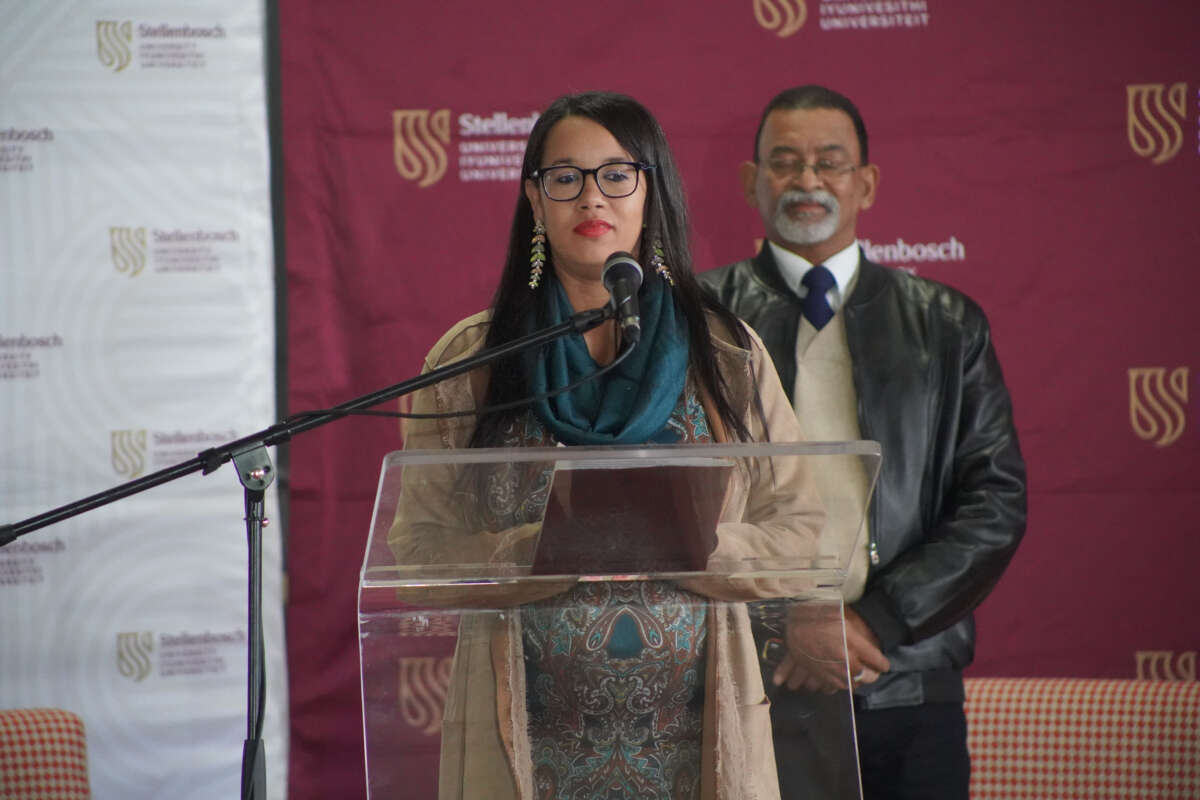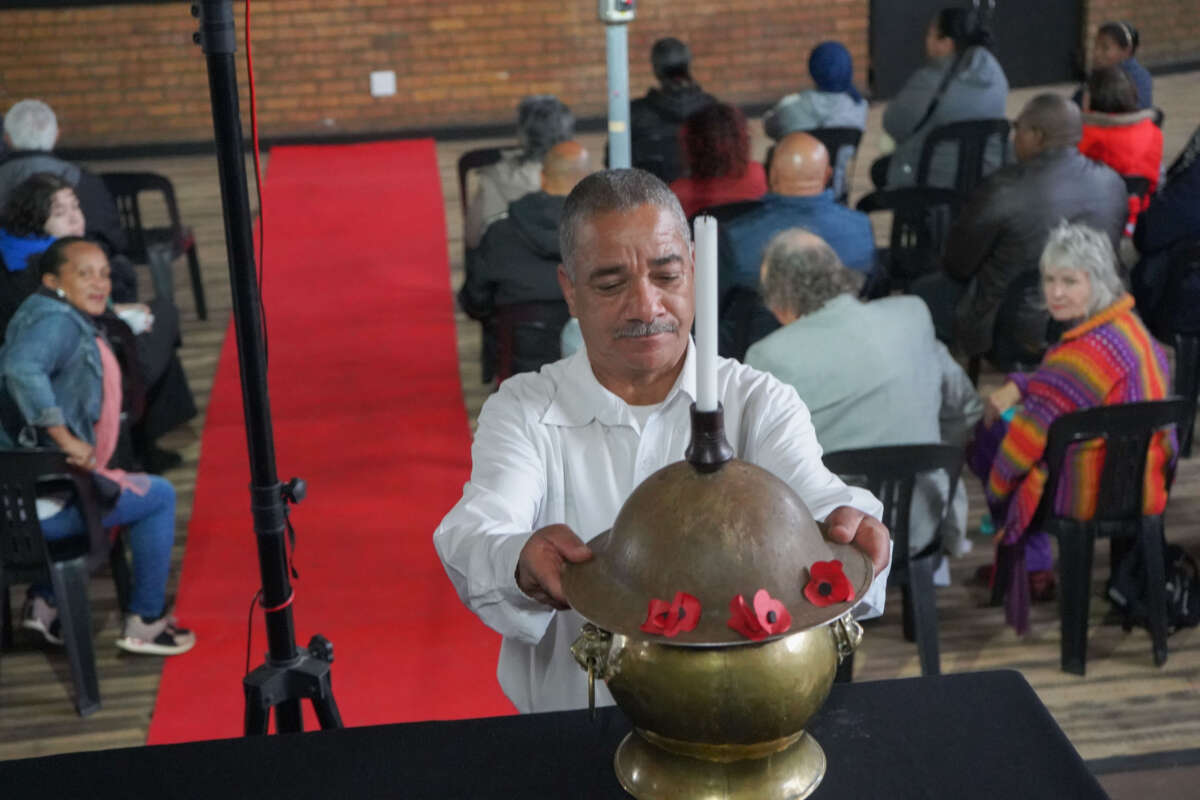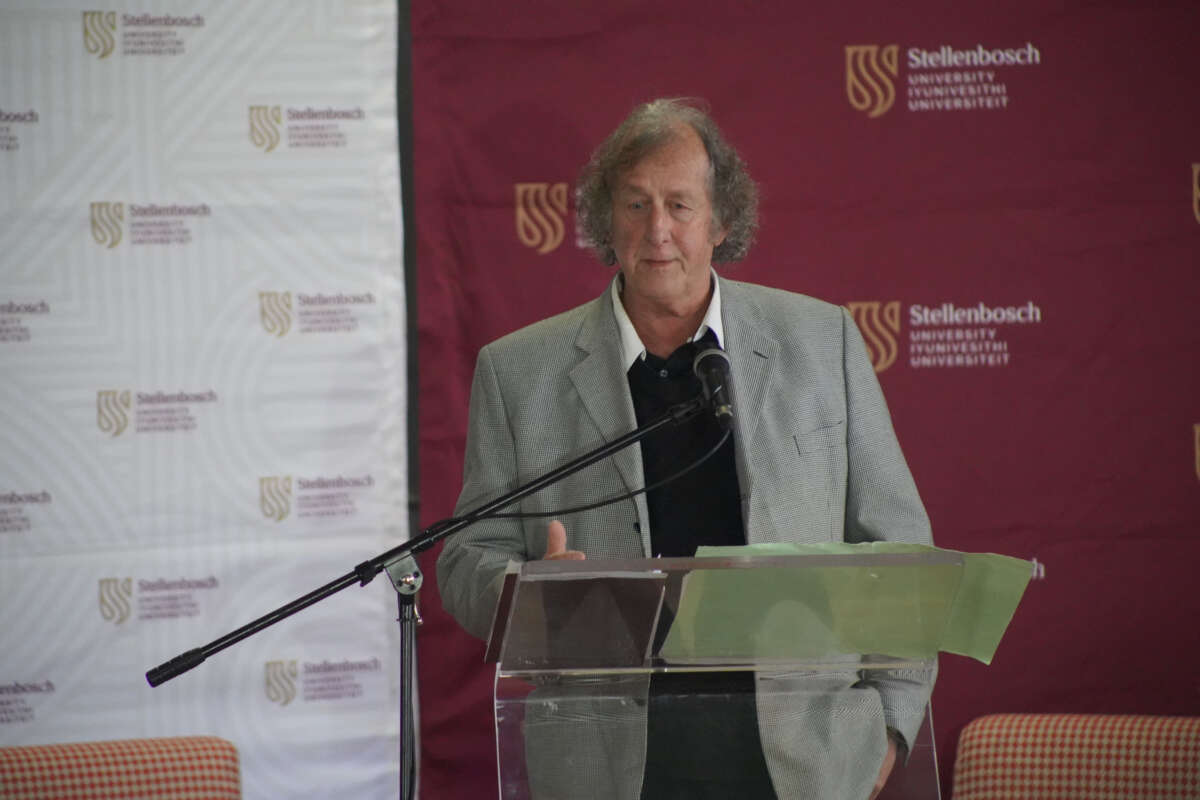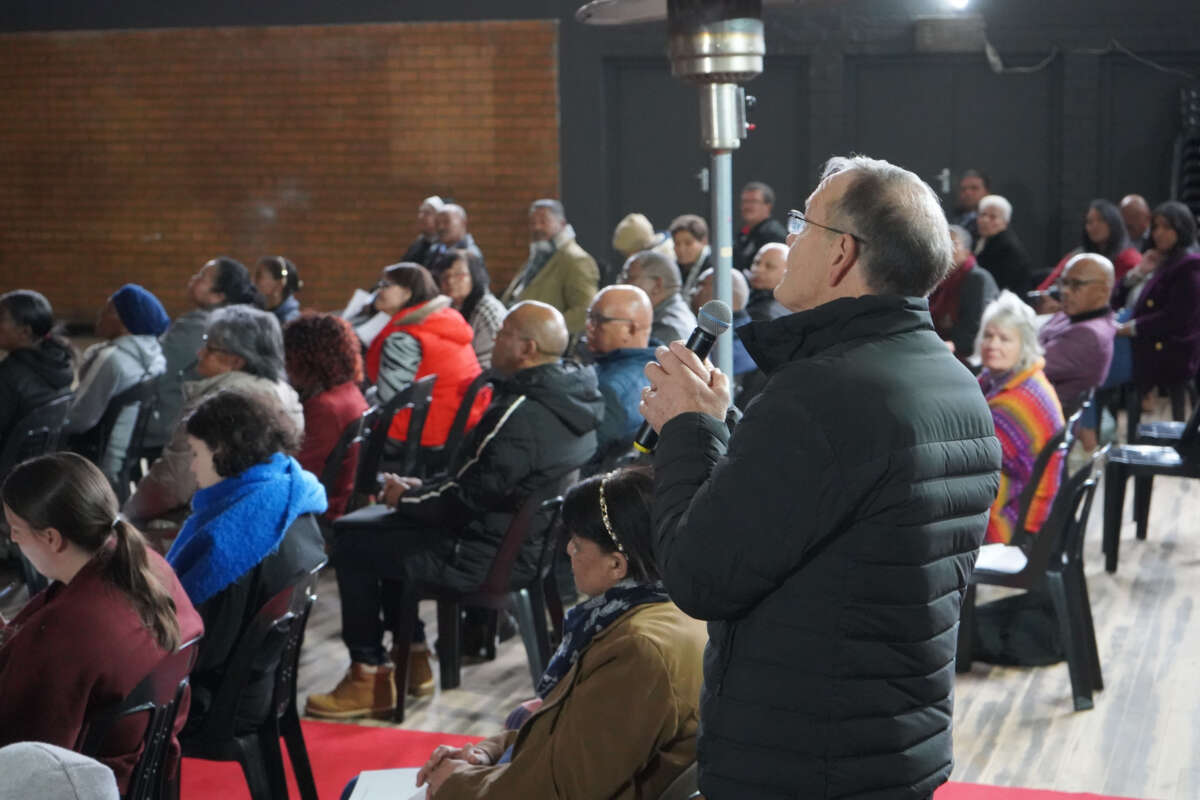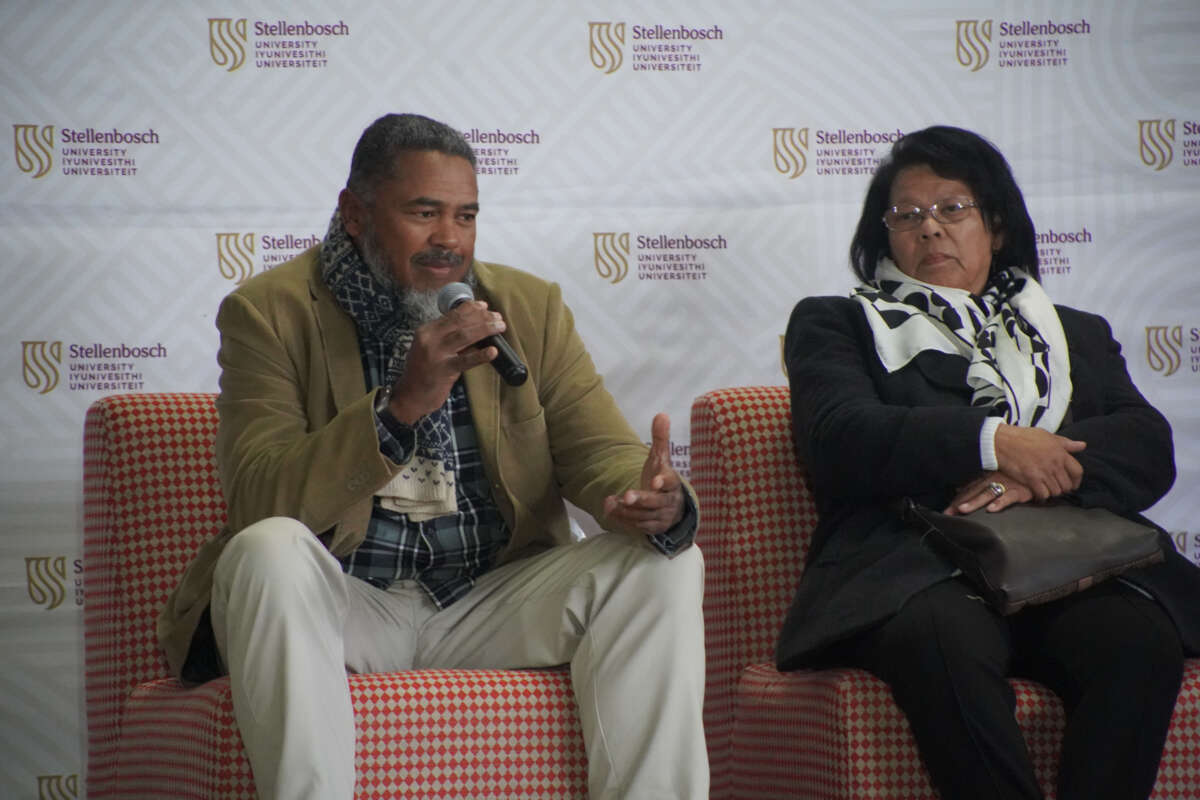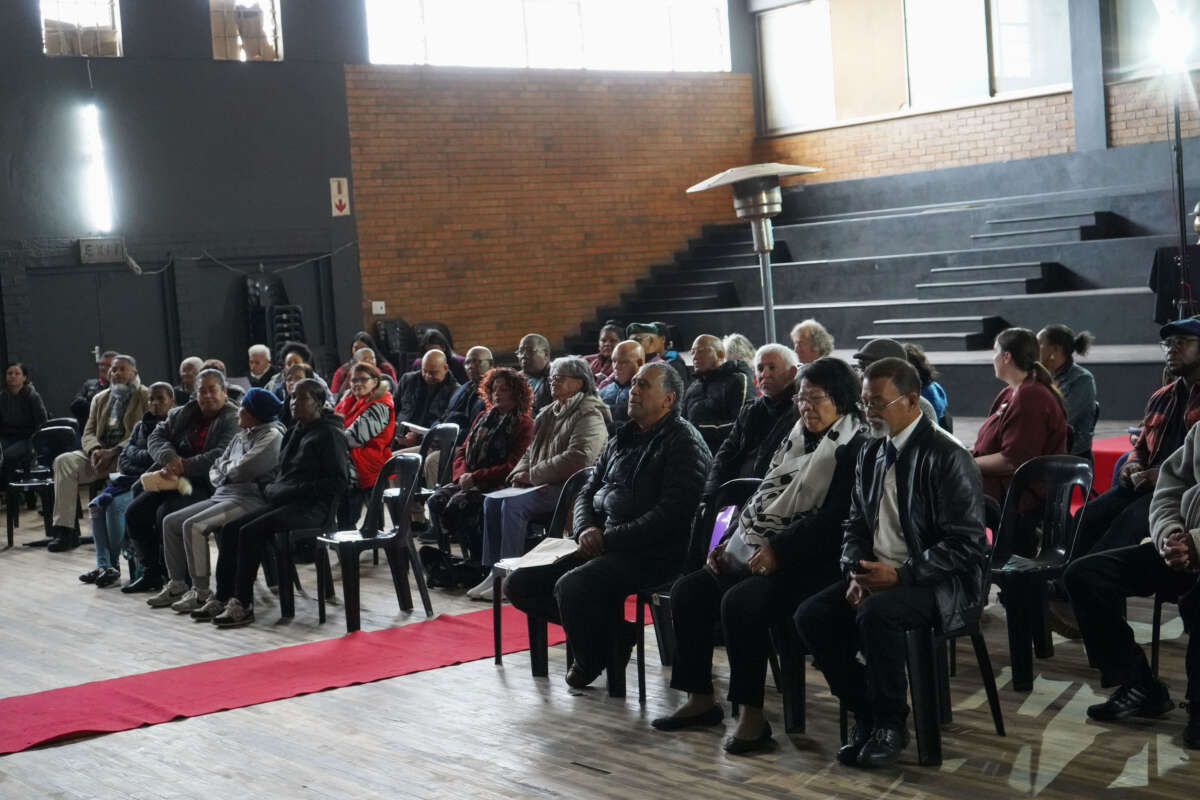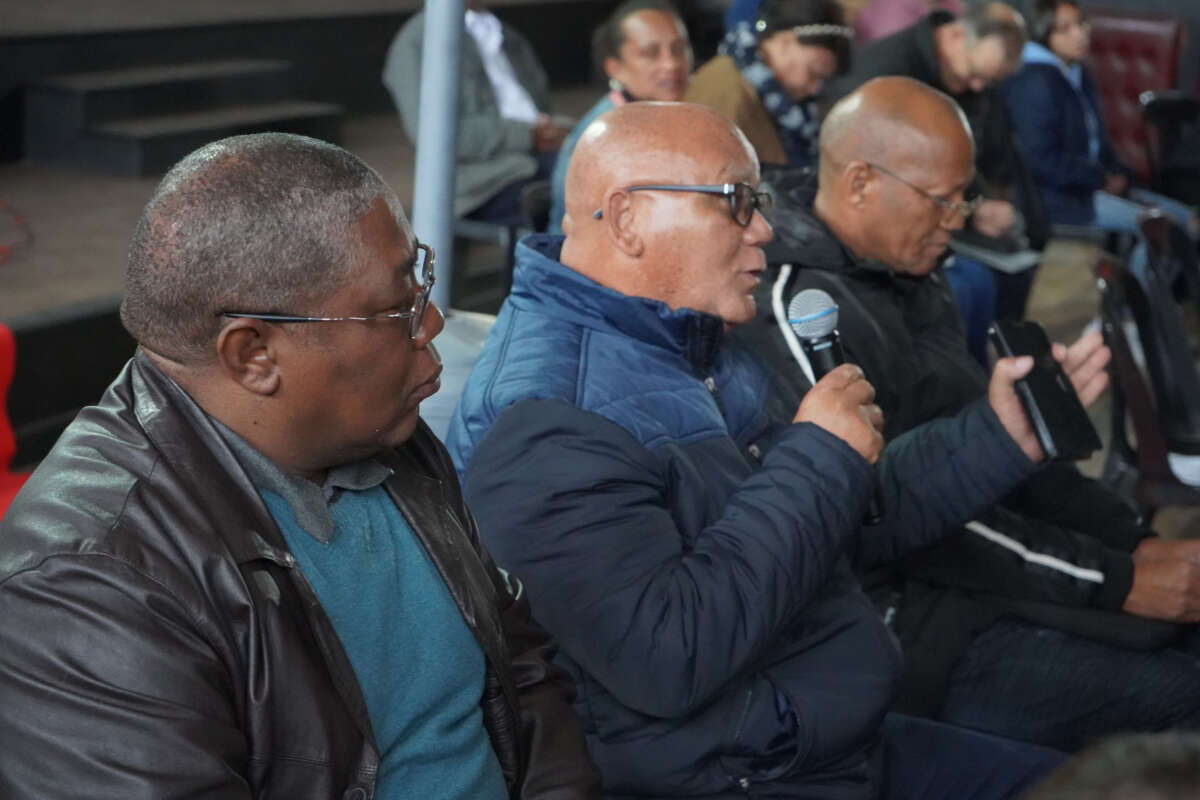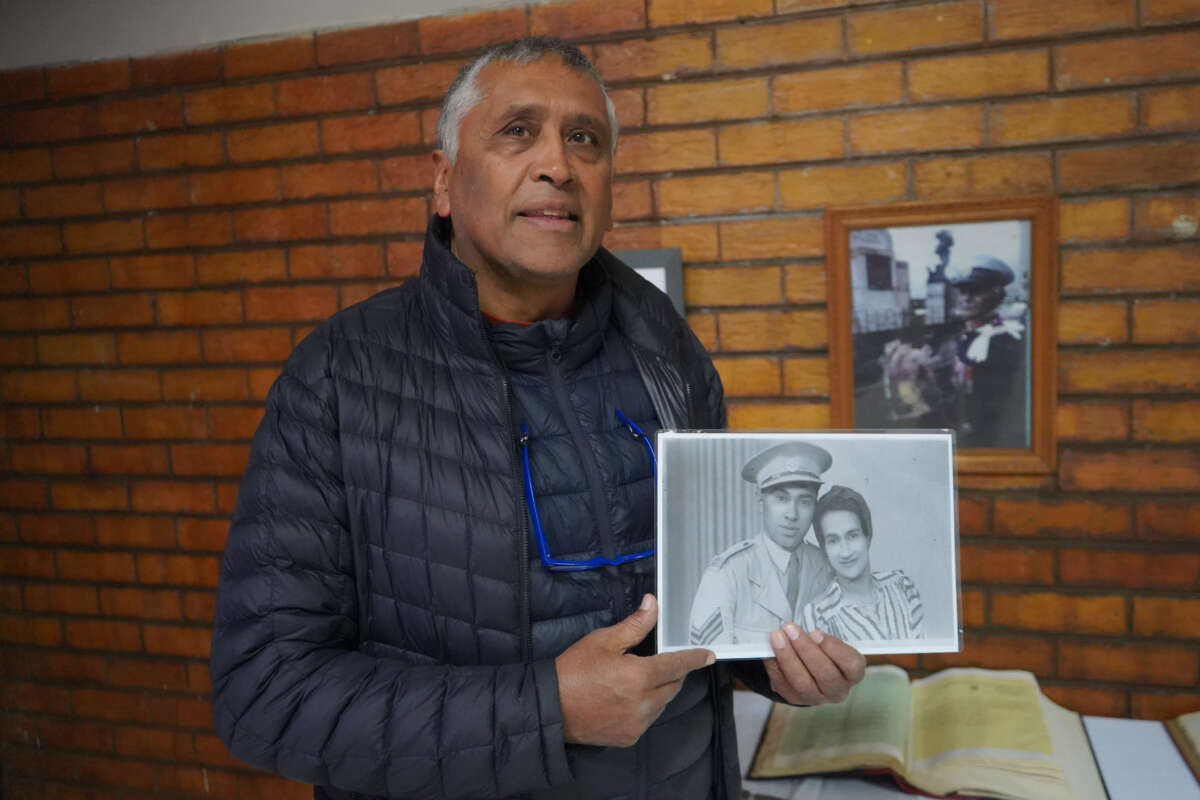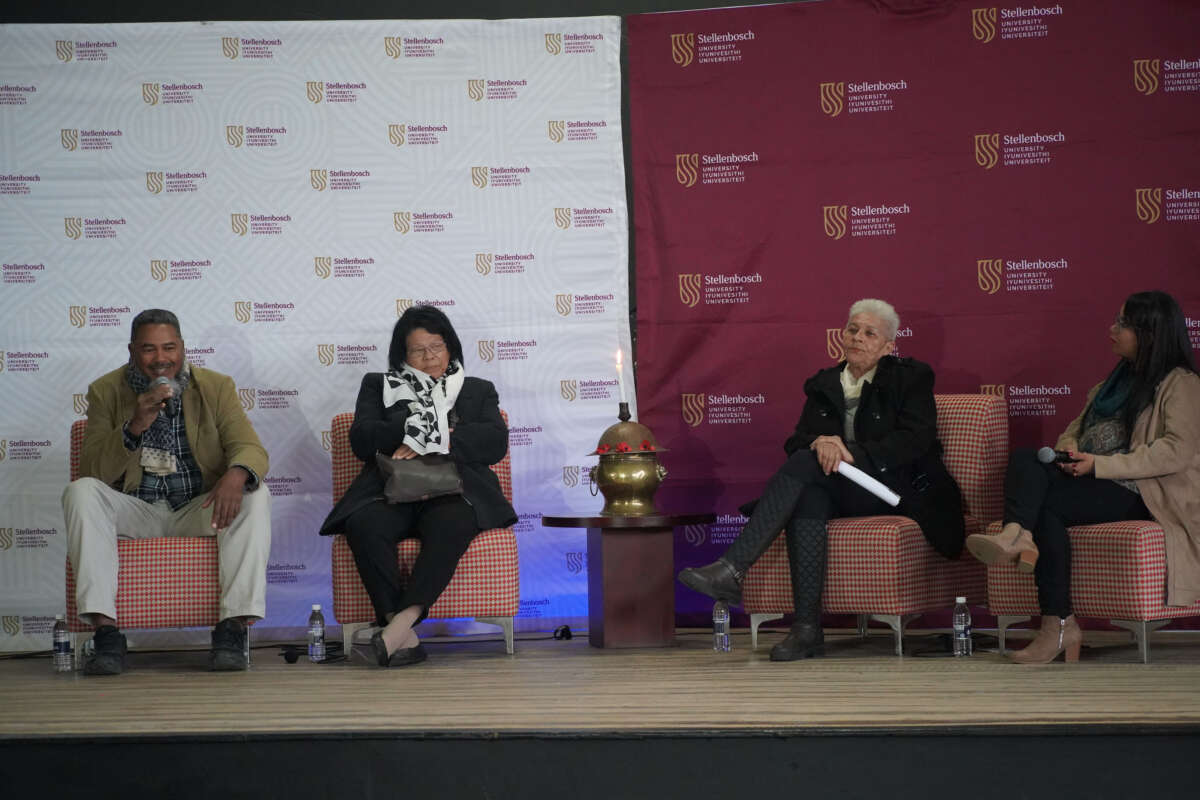SA Cape Corps Memorial Hall 27 Petunia Rd, Cape Town, Western Cape
The community engagement dialogue was organized by Dr Danille Elize Bester (nee Arendse) that is currently funded under the NIHSS/SU prestigious postdoctoral fellowship. The dialogue was suitably titled ‘The Forgotten Ones’ as it aimed to revisit the history of the South African Cape Coloured Corps. This history has become silenced and marginalized over the years and has not gained traction in the national military history. Consequently, the Cape Coloured Corps veterans from World War I and II have not received the recognition or honour earned by war veterans. Based on this, the purpose of engaging in this dialogue was to restore dignity and create an awareness of the afterlife of violence and why repair is an imperative for social justice.
Attendees were welcomed to the South African Cape Corps Memorial Hall with delicious snacks and drinks while immersing themselves in a captivating photo exhibition of the Cape Coloured Corps. This small exhibition was generously sponsored by the National Institute for the Humanities and Social Sciences (NIHSS). Thereafter, music welcomed the attendees into the hall and the proceedings of the day began. There was a special ceremony that involved lighting a candle on an old battle helmet that was 104 years old. This was followed by a poem in honour of the fallen soldiers with ‘nearer my God to thee’ softly playing in the background. A special reading of Ms Murphy’s history was done to pay homage to her contribution to the South African Cape Coloured Corps as well as mark her significance on the badge of their berets. Mr Henry August gave a brief background of the South African Cape Corps Memorial Hall history and current context.
Emeritus Professor Albert Grundlingh, an esteemed historian and specialist in social and cultural history, delivered a keynote address titled The Cape Corps: History and afterlife. Prof Grundlingh’s presentation delved into crucial aspects such as the nature of participation, recruitment, the hardships of war service, and the subsequent demobilization of the Corps. Additionally, Prof Grundlingh touched on the post-war expectations and the convoluted developments that affected the Corps, particularly after the National Party’s electoral victory in 1948, which introduced apartheid policies. This talk raised a consciousness of the suppressed history and shed a light on how historical violence from the past continues to ripple into the future.
Family members of the South African Cape Coloured Corps soldiers that fought in World War I and II kindly shared their personal narratives, offering the audience a glimpse into a deeply traumatic past. Their stories illuminated the effect of transgenerational trauma as the scars of the past echoed into the future, leaving them as family members wounded. The engagement with the audience thereafter provided for a fruitful experience, emphasising the need for more research and dialogues to be created.
As we reflect on this unique community engagement, we grapple with the notion of reparative justice for a history that requires revisiting and remembering. This may thus be the dawn of recognition for the South African Cape Coloured Corps history.
